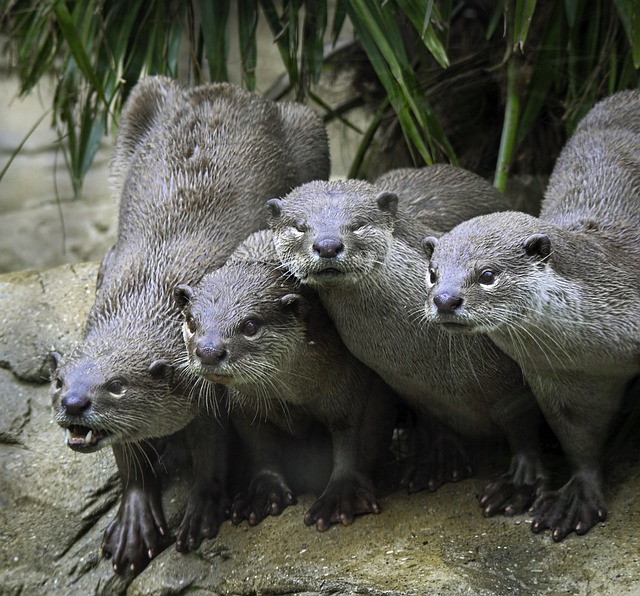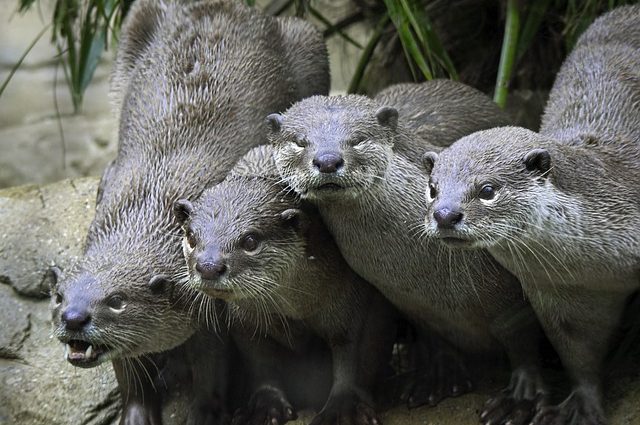The Alaska Department of Fish and Game (ADF&G) urges Anchorage residents to be alert around local lakes and rivers, where a group of river otters recently attacked people and their pets.

On September 1, a child was chased and bitten by a group of four river otters near Dowling and Lake Otis. This week another woman was bitten while rescuing her dog from a similar group of river otters at
University Lake. A second report of an otter attacking a dog was received on the same day from a different area of the lake. River otter attacks in Anchorage, while rare, have been reported over the last
several years. River otter groups are typically comprised of either a mother with young, or associated
bachelor males. The group composition of river otters responsible for the recent attacks is unknown.
River otters may travel long distances over land or by utilizing interconnected waterways, and it is possible that the same group of river otters were responsible for the attacks at both locations. River otters have not been reported at the site of the September 1 incident since that time.
Because of the risk to public safety, efforts will be made to locate this group of river otters and remove
them. Care will be taken to only remove the animals exhibiting these unusual behaviors. Due to their
aggressive behavior toward people and pets, it is likely they would continue those actions in any new
environment, making relocation problematic as it would simply move the dangerous behavior to
another location.
Protecting the public by minimizing dangerous human-wildlife interactions is a priority for ADF&G. River otters are present in many areas of the Anchorage Municipality and removal of this group of river otters will not remove the entire population from the area. Any animals lethally removed will be tested for rabies due to their unusually aggressive behavior. There has not been a reported case of rabies in river otters in southcentral Alaska in recent years, however the possibility of disease concern remains.





